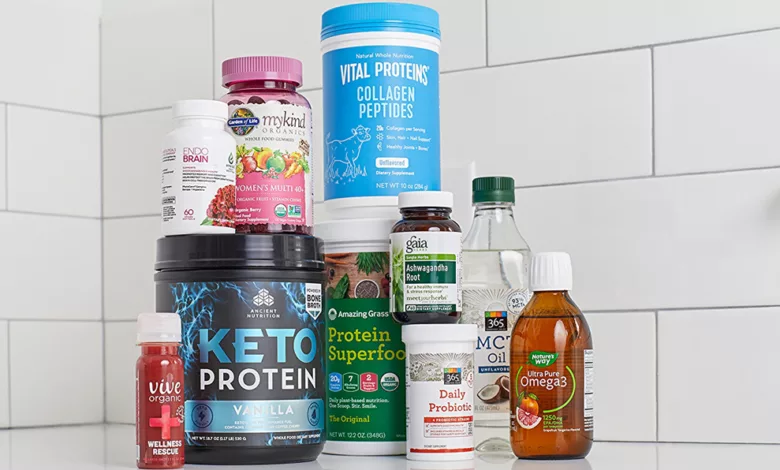Supplements for 50+ —Get the Facts

No diet is perfect, and in our fast-paced lives we all look for efficient solutions to stay healthy and energized. Supplements seem like a good option, particularly if we fall in the 50+ category, but are they actually effective? You can decide for yourself. Here are some tricks the supplement industry uses to sell us products we may not need.
Supplement Smoke and Mirrors
Supplements have little oversight and are not regulated by the FDA. This allows the industry to take advantage of grey areas to boost sales.
While companies can’t legally say supplements treat a disease or condition, they can make statements about how supplements affect the normal structure or function of the body. For instance, they can’t say a supplement “treats high blood sugar,” but will state freely that it “supports healthy blood sugar levels.”
These claims do not have to be verified by research and might be inspiring. But they are always vague. So it is important that you do your homework and know the facts around each supplement.
Clinically “Proven”
Why should supplement companies conduct their own legitimate research when there are laboratories for hire? Take, for example, Complife Group, which advertises on its website:
“We provide you the highest quality efficacy tests and study protocols to support the claims of your products.”
Hint: Claims should come after the research, not before it!
Supplement companies outsource such services so they can use leading language like “clinically proven or verified,” which may give a false air of transparency to consumers.
Quality Questionable
Another false sense of security comes from official-looking seals such as “GMP,” which stands for “good manufacturing practice,” or statements like “3rd Party Lab Tested.”
These seals and statements are neither endorsed nor verified by the FDA and should be ignored. In fact, all companies are legally bound to comply with good manufacturing practices set by the FDA, and many dodge their annual inspections. Those that don’t are often in violation of the bare minimum standards.
There are, however, a few champions of goodwill you can trust. While most companies will not pay the considerable price tag for these seals, those that do demonstrate genuine quality control. Here are the seals you should look for:
NSF – NSF International
USP – U.S. Pharmacopoeia
These assure that supplements contain what they say on the label, are tested for and free of contaminants such as heavy metals, and are capable of being absorbed into the bloodstream.
Whether they actually work according to their proposed claims is a separate matter entirely.
Key Takeaway on Supplements
While there is a place for supplementation, nutritional needs are individualized and dependent on many factors. Working with your doctor or a registered dietitian to identify and correct any deficiencies in blood work is a good place to start.
You should also note some reputable supplement brands do not necessarily have the NSF or USP seals, so always review them with a medical professional like those listed above. If you want to do your own independent research, some credible resources are www.labdoor.com or www.consumerlab.com.
Until next time, eat and be well!





